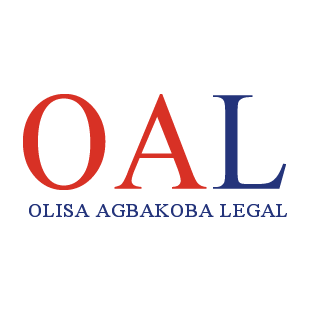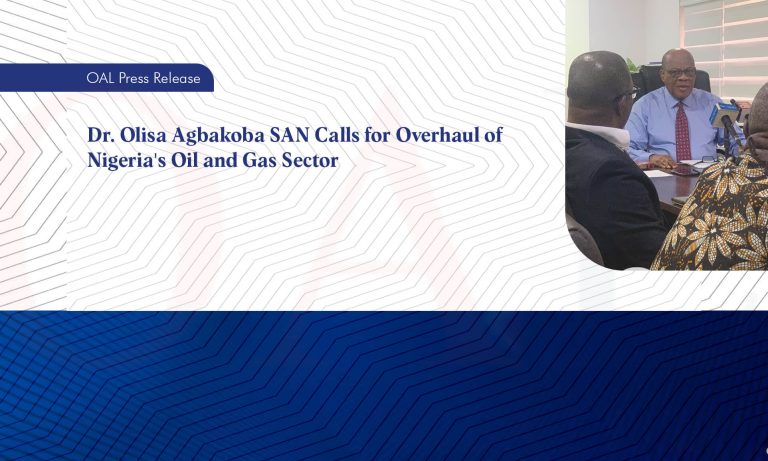

A cooperative effort by Nigeria’s tech startup sector and the Presidency, the Nigeria Startup Bill project aims to harness the potential of our digital economy through jointly developed rules.
The Bill would make sure that Nigeria’s laws and regulations are precise, well-thought-out, and beneficial to the ICT sector. This, in our opinion, will help to create a favorable climate for the development, attractiveness, and protection of investment in IT businesses.
Since its inception in 2021 following President Mohammadu Buhari’s speech, numerous focus groups and townhalls across various regions, learning series engagements, state rallies, and roundtable discussions have all been held with the aim of gathering input from stakeholders from various backgrounds and regions within the nation.
After the address by President Mohammadu Buhari, the Nigeria Startup Bill has changed.
Main Objectives of the Bill:
- Establish a legal and institutional framework that would support the growth of startups in Nigeria.
- Create an atmosphere that is favorable for the founding, growth, and operation of startups in Nigeria.
- Promote Nigeria’s startup ecosystem as the continent’s premier center for digital technology, boasting top-notch creators with cutting-edge know-how and exportable capabilities.
- Encourage the expansion and development of technology-related talent.
The timeline of the bill
- June–September 2021: The Nigeria Startup Bill draft is created by the Nigerian presidency, in collaboration with 30 tech leaders including Ventures Platform founder Kola Aina and Future Africa founder Iyin Aboyeji, NITDA officials, and the minister of digital economy Isa Pantami.
-
June 2021: Produce First Draft
Harmonise Existing Laws/regulations and Feed inputs to the legal framework from key ecosystem leaders (MDAs, States, Networks).
-
July 2021: Validate First Draft
Ecosystem Leaders and representatives review the first draft as well as the Presidential Working Group composed of MDA decision-makers critical to implementing components of the bill.
-
August 2021: Town Halls
Presidential Announcement and Town Hall meetings take place for public consultation and validation of the second draft of the bill with ecosystem stakeholders at the state level in all geopolitical zones.
-
September 2021: Final Draft Produced
Drafting teams take all the inputs and make revisions to feed into the final bill.
-
October 2021: Bill Submitted
Bill is submitted to the President who then submits Executive Bill to the National Assembly.
-
December 2021: Bill Approved by FEC
The Federal Executive Council (FEC) approves the bill.
- February 2022: Bill passed by the President
Nigerian president, Muhammadu Buhari, passes the bill to the National Assembly.
- March 2022: Bill received by the Senate
The bill reaches the National Assembly and is received by the Nigerian Senate.
- June 2022: Bill planned to be domesticated in Lagos
Lagos, Nigeria’s most populous state, announces plans to domesticate the bill at the state level.
- July 2022: Bill approved by Senate
Nigerian Senate approves the bill and passes it to the House of Representatives.
- July 2022: The bill passes the third reading at the Nigerian House of Representatives
Author



